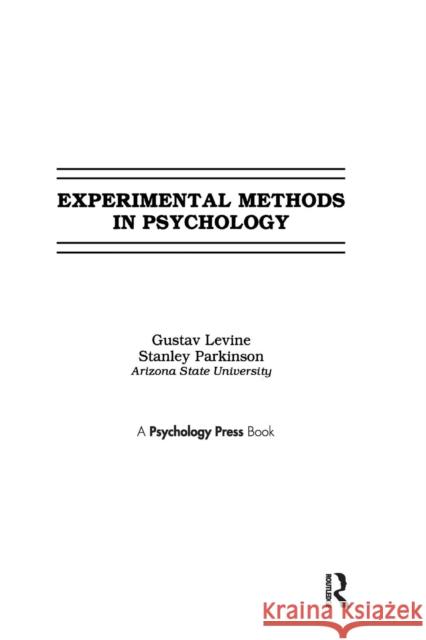Experimental Methods in Psychology » książka
topmenu
Experimental Methods in Psychology
ISBN-13: 9781138969322 / Angielski / Miękka / 2016 / 490 str.
Experimental Methods in Psychology
ISBN-13: 9781138969322 / Angielski / Miękka / 2016 / 490 str.
cena 253,08
(netto: 241,03 VAT: 5%)
Najniższa cena z 30 dni: 231,67
(netto: 241,03 VAT: 5%)
Najniższa cena z 30 dni: 231,67
Termin realizacji zamówienia:
ok. 16-18 dni roboczych.
ok. 16-18 dni roboczych.
Darmowa dostawa!
First Published in 1993. Routledge is an imprint of Taylor & Francis, an informa company.











